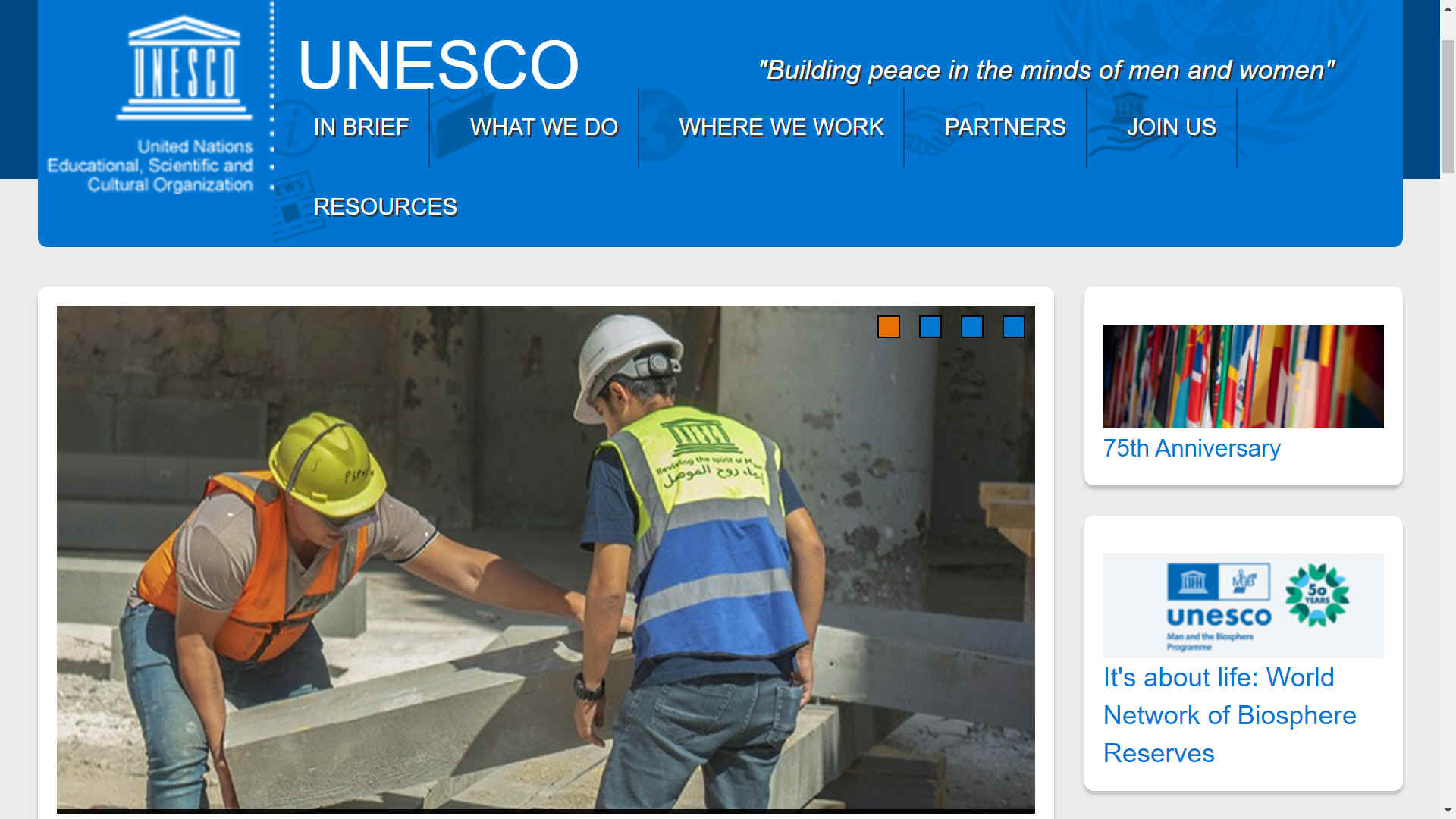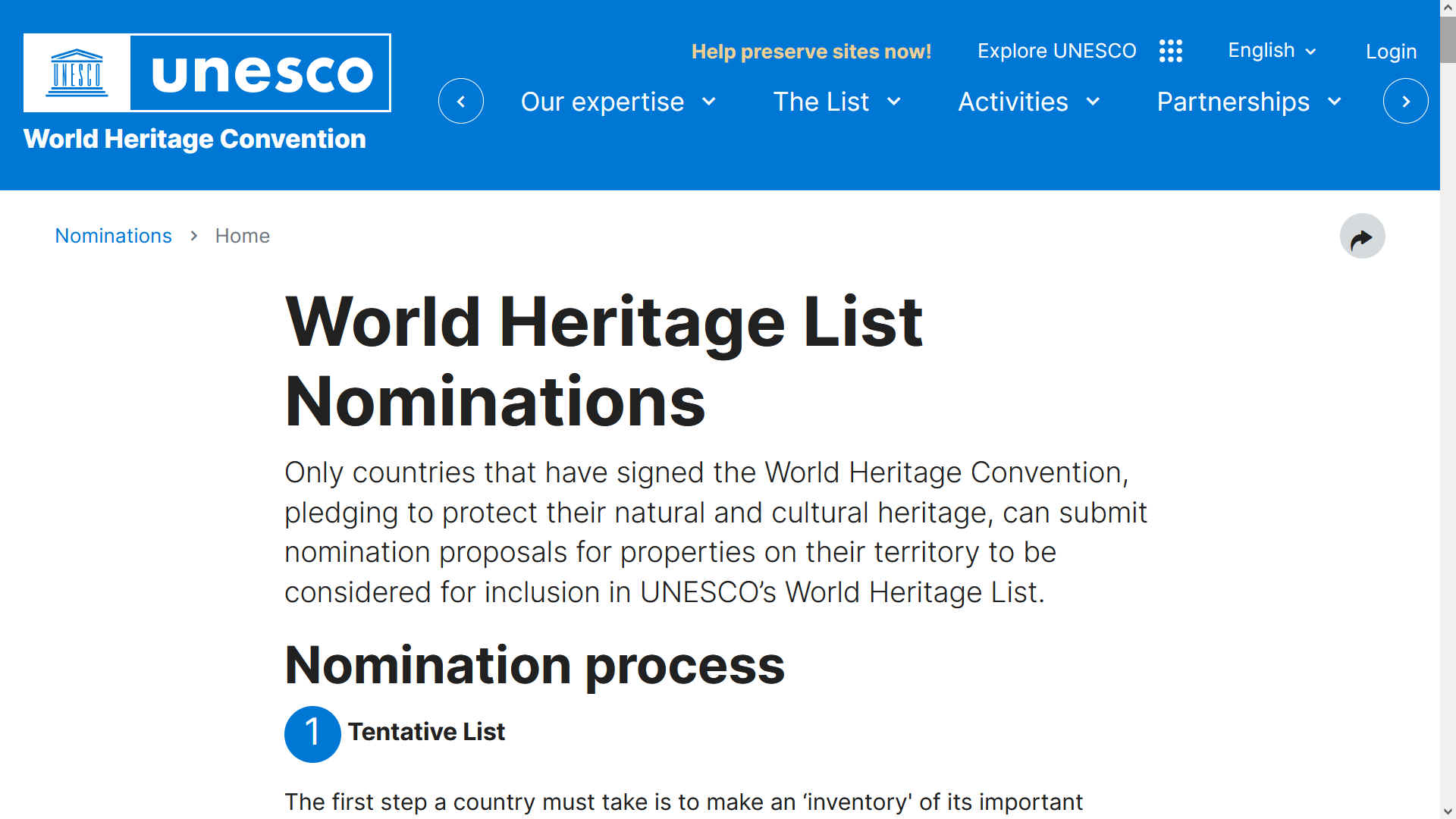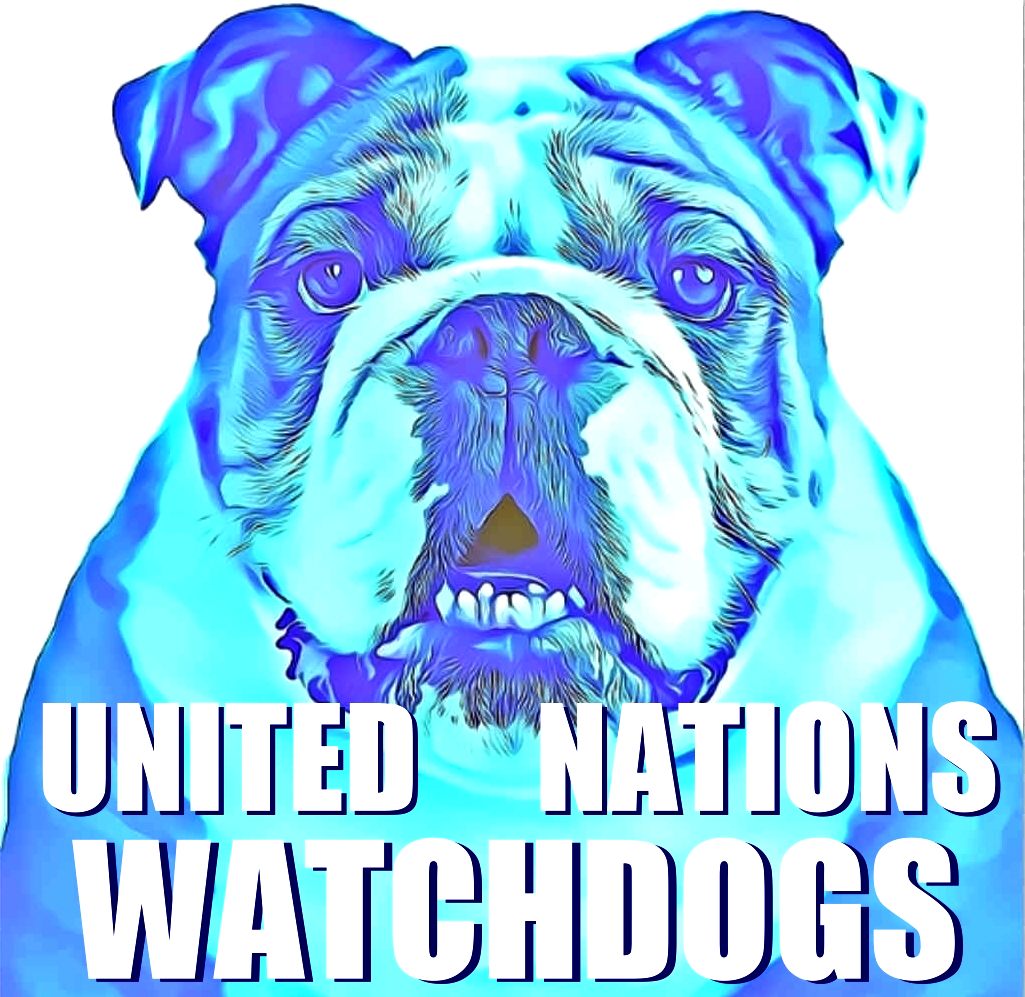|

'UNESCO'
is the United Nations Educational, Scientific and Cultural Organization,
a specialised agency of the UN aims to promote world peace and security through international cooperation in education, arts, sciences, and culture. It has 193 member states and 11 associate members, as well as partners in the non-governmental, intergovernmental, and private sector. 'IOC,'
is the Intergovernmental Oceanographic Commission, part of UNESCO, a
division that promotes international cooperation and coordinates programmes in marine research, services, observation systems, hazard mitigation, and capacity development in order to understand and effectively manage the resources of the ocean and coastal areas. By applying this knowledge, the Commission aims to improve the governance, management, institutional capacity, and decision-making processes of its Member States with respect to marine resources and climate variability and to foster sustainable development of the marine environment, in particular in developing countries.
In 2010 the IOC celebrated its 50th anniversary. Beginning with the International
Indian Ocean Expedition in 1960, the Commission has coordinated and promoted programmes and activities in ocean observations, ocean science, and reduction of marine hazards.
IOC coordinates ocean observation and monitoring through the Global Ocean Observing System (GOOS) which aims to develop a unified network providing information and data exchange on the physical, chemical, and biological aspects of the ocean. Governments, industry, scientists, and the public use this information to act on marine issues.
IOC’s work in ocean observation and science contributes to building the knowledge base of the science of climate change. IOC sponsors the World Climate Research Programme (WCRP) and the IOC’s GOOS serves as the ocean component of the Global Climate Observing System (GCOS), which supports the
Intergovernmental Panel on Climate Change (IPCC). UNESCO-IOC is co-convener with the World Meteorological Organization of the World Climate Change Conference which aims to systematically make the existing knowledge on climate science available to a wide variety of potential users.
IOC also coordinates and fosters the establishment of regional intergovernmental coordinating tsunami warning and mitigation systems in the
Pacific
Ocean, Indian Ocean, in the North East Atlantic,
Mediterranean and
Caribbean
seas.
|
The
United Nations Educational, Scientific and Cultural Organization (UNESCO) (French: Organisation des Nations unies pour l'éducation, la science et la culture) is a specialised agency of the United Nations (UN) aimed at promoting world peace and security through international cooperation in education, arts, sciences, and
culture.
Headquartered at the World Heritage Centre in Paris, France,
UNESCO has 53 regional field offices and 199 national commissions that facilitate its global mandate.
UNESCO was founded in 1945 as the successor to the League of Nations' International Committee on
Intellectual Cooperation. Its constitution establishes the agency's goals, governing structure, and operating framework. UNESCO's founding mission, which was shaped by the
Second World
War, is to advance peace, sustainable development and human rights by facilitating collaboration and dialogue among nations. It pursues this objective through five major program areas: education, natural sciences, social/human sciences, culture and communication/information. UNESCO sponsors projects that improve literacy, provide technical training and education, advance science, protect independent media and press freedom, preserve regional and cultural history, and promote cultural diversity.
As a focal point for world culture and science, UNESCO's activities have broadened over the years; it assists in the translation and dissemination of world literature, helps establish and secure World Heritage Sites of cultural and natural importance, works to bridge the worldwide digital divide, and creates inclusive knowledge societies through information and communication. UNESCO has launched several initiatives and global movements, such as Education For All, to further advance its core objectives.
UNESCO is governed by the General Conference, composed of member states and associate members, which meets biannually to set the agency's programmes and the budget. It also elects members of the Executive Board, which manages UNESCO's work, and appoints every four years Director-General, who serves as UNESCO's chief administrator. UNESCO is a member of the United Nations Sustainable Development Group, a coalition of UN agencies and organisations aimed at fulfilling the
Sustainable Development
Goals.
|
|
PROTECTION OF HUMAN RIGHTS : PROCEDURE 104
UNESCO’S PROCEDURE FOR DEALING WITH ALLEGED VIOLATIONS OF HUMAN RIGHTS
Under Article I, paragraph 1, of its Constitution, adopted on 16 November 1945, UNESCO’s purpose is “to contribute to peace and security by promoting collaboration among the nations through education, science and culture in order to further universal respect for justice, for the rule of law and for the
human rights and fundamental freedoms which are affirmed for the peoples of the world, without distinction of race, sex, language or religion, by the Charter of the United Nations”.
Accordingly, in 1978 the Executive Board of UNESCO laid down a confidential procedure for the examination of communications (complaints) received by the Organization concerning alleged violations of human rights in its fields of competence, namely education, science, culture and communication. This procedure is set out in 104 EX/Decision 3.3 of the Executive Board, the text of which is appended.
Purpose of the procedure
The purpose of the procedure is to seek a friendly solution to cases brought to UNESCO’s attention:
- by establishing a dialogue with the governments concerned to examine with them in complete confidentiality what could be done to promote human rights falling within the Organization’s competence;
-
by acting “in a spirit of international cooperation, conciliation and mutual understanding …
UNESCO not being in a position to play the role of an international judicial body” (para. 7 of 104 EX/Decision 3.3).
Specific nature of the procedure
This procedure has certain specific features in comparison with similar procedures existing in other agencies of the United Nations system:
- the mechanism is not treaty-based; it is a decision of the Executive Board which defines the procedure;
-
a complaint may be made against any Member State precisely because it is a Member of
UNESCO;
-
the complaint will be examined following a procedure that retains its individual nature from start to finish, unlike procedures that consider individual communications as sources of information relating to a given situation that reveal a set of flagrant and systematic human rights violations;
-
every effort is made under this procedure to avoid a conflictual and accusatory context. The aim is to improve the lot of the alleged victims, not to condemn the governments concerned, and certainly not to penalize them.
Who may submit a communication?
Individuals, groups of individuals and non-governmental organizations may submit communications (complaints) to UNESCO concerning violations of human rights, whether the authors of these communications are themselves victims of such violations or whether they deem to have reliable knowledge of such violations.
Who are the victims of human rights violations?
Teachers, students, researchers, artists, writers, journalists, in short intellectuals, be they men or women, who, by virtue of their position, come within UNESCO’s fields of competence, or any other person on account of having exercised one or other of the rights falling within UNESCO’s competence.
Which rights fall within UNESCO’s competence
The rights falling within UNESCO’s competence are essentially the following (each article mentioned hereunder refers to the Universal Declaration of Human Rights and the rights concerned also appear in the United Nations Covenants of 16 December 1966):
the right to education (Article 26);
the right to share in scientific advancement (Article 27);
the right to participate freely in cultural life (Article 27);
the right to information, including freedom of opinion and expression (Article 19).
These rights may imply the exercise of others, the most noteworthy of which are:
- the right to freedom of thought, conscience and religion (Article 18);
-
the right to seek, receive and impart information and ideas through any media and regardless of frontiers (Article 19);
-
the right to the protection of the moral and material interests resulting from any scientific,
literary or artistic production (Article 27);
-
the right to freedom of assembly and association (Article 20) for the purposes of activities connected with education, science,
culture and information.
How can a communication be sent to UNESCO?
By a letter sent to the Director of the Office of International Standards and Legal Affairs of UNESCO (7 place de Fontenoy, 75352 Paris 07 SP, France). This letter containing a concise statement of the allegations must be signed and drafted in one of the Organization’s working languages (English or French). Following this, the UNESCO Secretariat will send the author of the letter a form to be completed, which constitutes his/her communication and which will be transmitted to the government concerned and examined by the Committee on Conventions and Recommendations of the Executive Board responsible for implementing the procedure.
How are the communications examined?
The Committee on Conventions and Recommendations examines communications in private session. In principle, the Committee meets at UNESCO Headquarters twice yearly during Executive Board sessions (in spring and autumn).
In the first instance, it examines the admissibility of the communications. There are ten conditions governing admissibility which are set out in paragraph 14(a) of 104 EX/Decision 3.3; if one of them is not met, no further action is taken on the communication. Thus, for a communication to be admissible, it must, inter alia, meet the following conditions:
- the communication must not be anonymous;
- the communication must not be manifestly ill-founded and must appear to contain relevant evidence;
- the communication must be neither offensive nor an abuse of the right to submit communications;
- the communication must not be based exclusively on information disseminated through the mass media (the press, television, radio, etc.);
- the communication must be submitted within a reasonable time limit following the facts which constitute its subject matter or within a reasonable time limit after the facts have become known;
the communication must indicate whether an attempt has been made to exhaust available domestic remedies with regard to the facts which constitute the subject matter of the communication and the result of such an attempt, if any.
The Committee then proceeds to examine the substance of the communications. For this purpose, the representatives of the governments concerned are invited to provide information or answer questions asked by members of the Committee on either the admissibility or the merits of the communication. Since the Committee is not in any way an international tribunal, it endeavours to resolve the problem in a spirit of international cooperation, dialogue, conciliation and mutual understanding. Out of a concern for efficiency in the search for a friendly solution, the Committee works in the strictest confidentiality, which is vital to the success of its action.
Following the session during which a communication has been examined by the Committee, its author and the government concerned by it are informed of the Committee’s decisions, which are not subject to appeal. However, the Committee may agree to re-examine a communication if it receives additional information or new facts.
Role of the Director-General
In 104 EX/Decision 3.3, the Executive Board recalled and confirmed the role that the Director-General has always played with regard to the promotion of
human
rights. In accordance with well-established practice, in the context of the right of intercession, which was recognized by the General Conference, in particular in 19 C/Resolution 12.1, the Director-General has had occasion personally to make various humanitarian representations on behalf of persons, alleged victims of human rights violations in UNESCO’s fields of competence, whose cases demanded urgent examination. It must be underscored that paragraphs 8 and 9 of 104 EX/Decision 3.3 recognize the role that the Director-General plays in this regard.
CONTACTS
The IOC Secretariat is located in Paris, France:
Intergovernmental Oceanographic Commission of UNESCO
7 Place de Fontenoy
75352 Paris Cedex 07 SP
France
Telephone: +33 1 45 68 39 84
Fax: +33 1 45 68 58 12
LINKS
& REFERENCE
http://www.unesco.org
https://ioc.unesco.org/
http://www.unesco.org
https://ioc.unesco.org/

|


